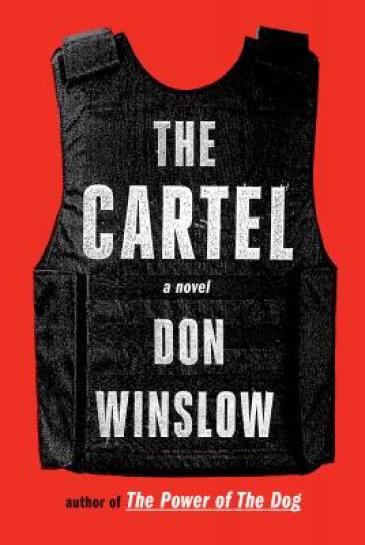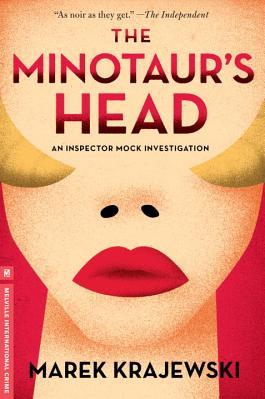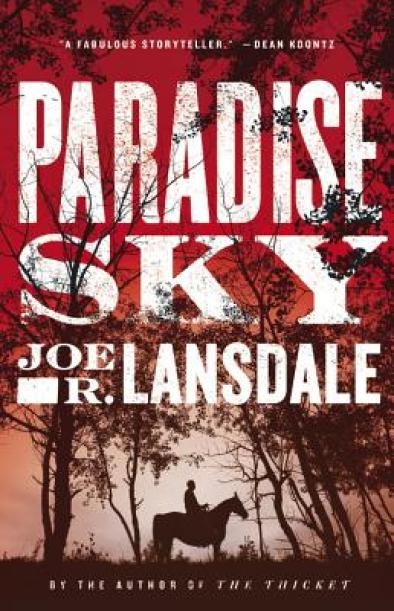Don Winslow’s sequel to Power Of The Dog, The Cartel, is one of the most talked about books of the summer, as well as our June Pick of the Month. The Cartel reignites the feud between DEA agent Art Keller and Mexican drug trafficker Adan Barrera, taking us through the war on drugs in the new millennium. Mr. Winslow was kind enough discuss the book, his approach to it, and the conclusions he drew from creating his opus.
MysteryPeople: What moved you to reignite the feud between Art Keller and Adan Barrera?
Don Winslow: The simplest answer is that it felt right.
But let me back up a little. At first, I didn’t want to ‘reignite the feud’ because I didn’t think I wanted to write this book at all. I spent over five years on its predecessor, The Power of the Dog, and it was an exhausting experience. I really thought I was done with the topic of drugs. I decided to write The Cartel (and thus reignite the feud) because the situation in Mexico had become so much worse, and I thought I had to write about it.
The two books combined – some 1300 pages covering over forty years – needed a strong through-line to give them a cohesive structure and knit them together in terms of chronology and theme. Otherwise, they would just be two separate books about the drug trade, and I want them to be, collectively, a saga. So the through-line between the two volumes is a story about the deep, bitter and abiding conflict between these two men.
That, indeed, felt right. The Cartel is a big story with a large cast of characters moving quickly across a fast-changing terrain. The Keller-Barrera conflict is like a laser beam homing device through that story.
But more important are the two characters themselves, who they are and what each represents. As they move against each other under the backdrop of the War On Drugs, each becomes more ruthless, more isolated, more angry and bitter. Their battle escalates as the war does.
Having said that, I don’t think that the two characters are equals – either in moral terms or in their importance to the books. This is primarily Keller’s story –a man sets out to do good, compromises his principles to achieve what he thinks is the greater goal, and then pursues revenge that he calls justice. In a sense, he’s right – Adan Barrera is evil, he deserves everything that Keller does to him. The larger question is what does it cost Keller? Keller is the war on drugs – he starts with every best intent, and it costs him everything he treasures, including his soul.
MP: Most of The Power Of The Dog involved trafficking on the California-Mexico border, while here it seems to have moved toward Texas. Did the change in geography have any affect?
DW: Tremendous effect. The actual events in Mexico over the two periods covered in the books dictated their locations. ‘Dog’ was largely centered in the Tijuana/San Diego area because that was the most important locus of the drug trade in those years. But to tell the story of what happened in the past ten years required a shift to the real-life battlegrounds of Nuevo Laredo, Juarez, Michoacan and Mexico City. Tijuana, while still significant, became something of a side-show – the events there were largely dictated by events that happened elsewhere. It’s a larger story that rapidly shifts locations because that’s what the war itself did. You were always looking at multiple fronts and shifting alliances.
The affect on the writing – on the substance of the novel itself – was significant. I had to describe the locations without lapsing into ‘travel writing’ or overlong descriptions that would have slowed down the action. For the most part, this was a matter of finding ‘brush strokes’ – quick dashes of color that gave the reader a sense of locale without bogging down the narrative. I spent more time on descriptions of Juarez because it was such an important part of the story. I chose do it mostly through the eyes of a local journalist who loved his city and hated the changes he saw happening. Doing that allowed me to give a more emotive account of the city, attaching feeling to location.
“The cartels aren’t in the drug business, they’re in the territory business – control of the lucrative (an understatement) trafficking routes. The prohibition is what makes their profit. We need to stop the futile insanity of the War On Drugs.”
MP: What draws you to illegal drugs as a crime to cover?
DW: If you write politics, you want to cover the White House. If you play football, you want to go the SuperBowl. Drugs are the most important subject in the field of crime, in fact, in society as a whole. It’s the front line, so that’s where I want to be. I want to write about other things as well, but it felt important to write about drugs.
MP: The female characters take on a more prominent role in this book. What did you want to say about the women in Mexico?
DW: The courage, moral backbone, and dedication of these women is awe-inspiring. The role of women during those years in Mexico is a vastly under-told story. You have women taking the roles of mayors, councilwomen and police chiefs when they knew that their predecessors had been killed. And they did it anyway – with mostly tragic results. I don’t know how to account for that kind of courage.
MP: How do you keep a story this mammoth in control?
DW: Even before I decided to write the book, I knew that control would be the major challenge. The first thing I did was to establish a chronology of the actual events in Mexico during those years. That alone was a 157 page single-spaced document. Then I went through it to find the watershed events – occurrences that had consequences. If an event didn’t cause a subsequent important event, I eliminated it. So the real life developments provided a rough chart of the book’s structure. But the spine of the story was still the conflict between Art Keller and Adan Barrera – everything else had to impact that battle. So then it was a matter of weaving Keller and Barrera through those events, while still staying faithful to the actual history. The book is a novel, fiction, but I wanted the reader to gain an understanding of the real background to the headlines. So I had to move Art and Adan where it would make sense. The other issue was point-of-view, deciding which character would be in the best position to take the reader through which event, while not losing touch with Keller for too long, and always moving toward an ultimate confrontation.
MP: While there is no easy answer, what can we do as a country to help the situation in Mexico?
DW: First, own our drug problem. It’s not Mexico’s problem, it’s ours. It’s just that Mexico suffers more from it. We criticize corruption in Mexico, and certainly it exists, but what kind of corruption within our own society makes us the world’s largest drug consumer? Second, legalize drugs. It’s our simultaneous appetite for drugs and prohibition of them that funds and fuels the violence in Mexico. The cartels aren’t in the drug business, they’re in the territory business – control of the lucrative (an understatement) trafficking routes. The prohibition is what makes their profit. We need to stop the futile insanity of the War On Drugs.
You can find copies of The Cartel on our shelves and via bookpeople.com.























